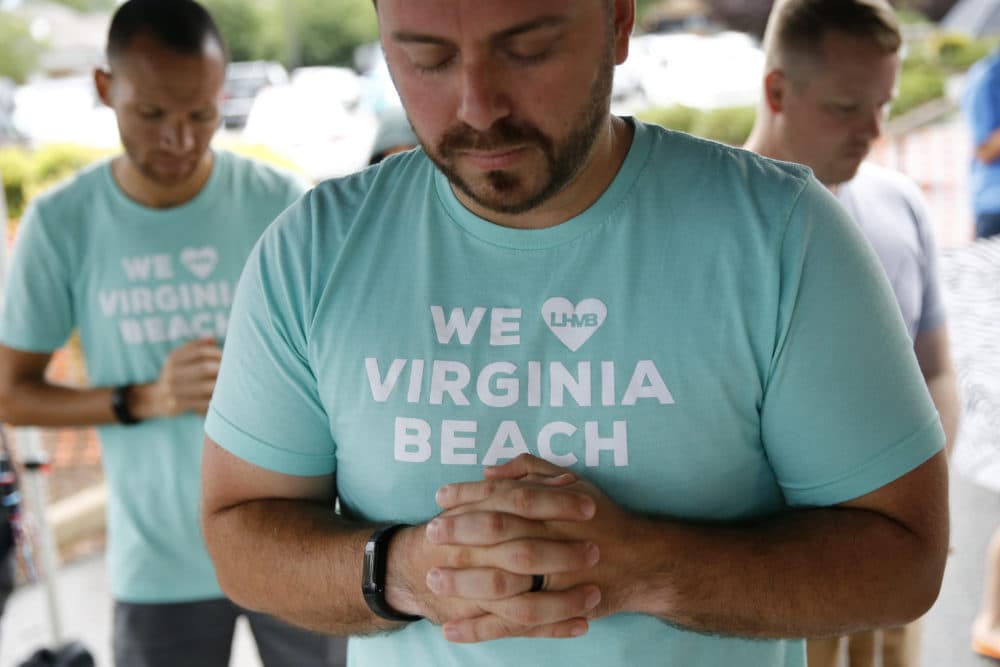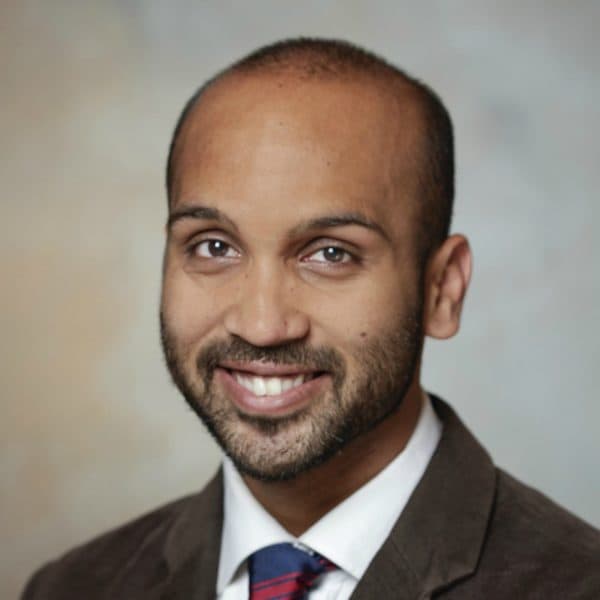Advertisement
Commentary
My Patient Could Have Been A Mass Shooter

“There are only six or seven of them in there,” he said. “I could take out half a town.”
A routine Friday afternoon clinic appointment had taken a frightening turn. I realized that I was sitting opposite a man whose actions could be on CNN the very next day, and I wasn’t sure how to stop him.
It was my intern year and I was seeing a young veteran in clinic at the VA hospital associated with my residency program. Apart from a history of post-traumatic stress disorder, his medical record was unremarkable. We struck up a pleasant banter and were done with the interview and physical exam in about 10 minutes. His medical issue was easy to treat. While writing laboratory and prescription orders into the computer, I filled the momentary silence: “How are things otherwise? All good?”
“Not really,” he replied before beginning a chilling narrative.
He told me that after a recent altercation with two policemen, his guns had been confiscated. Enraged, he planned to buy an AR-15 -- the same weapon used by the perpetrators of mass shootings in Aurora, Colorado, Newtown, Connecticut, Orlando, Parkland, Pittsburgh, Las Vegas and others -- to attack his local police station.
How many patients leave their busy doctors’ doorsteps with unexpressed murder in their hearts?
His mirth had evaporated. Words rushed out of his mouth with urgency. “I will aim for their faces,” he growled. With messianic fervor, he described seeing “chariots of fire in the midnight sky.” Then his voice reached a crescendo: “I am the chosen one.” I asked if he expected to survive his planned attack. He replied defiantly: “I’d rather die standing than live kneeling.”
He was seated between me and the door. Sweat trickled down my chest, millimeters above my racing heart. My thoughts raced too: “Could I stop him? What if he attacks me? Will I get out of here?”
He didn’t object when I left the room to talk to my supervising physician. We called for backup. Within minutes, security guards, nurses and a psychiatrist assembled outside the door of his room. We convinced him to come to the psychiatric emergency room, since we feared for his safety and the safety of others. Surprisingly, he agreed. A difficult inpatient course of treatment followed, which involved antipsychotic and antidepressant therapy as well as intensive counseling, but he now has a job and is undergoing court-mandated therapy.
Advertisement
I don’t know if this young man would have actually attacked the police station, but he did have features of psychotic mania with homicidal intent. Although many persons with severe mental illness are incapable of actualizing their lethal intentions, he seemed organized enough to me to be dangerous.
What scares me is how easily he could have left that clinic room without informing me of his harmful intent.
I had been focused on efficiency, spending just enough time with one patient before moving onto the next one. It was lucky that he shared his gruesome plans without skillful prompting. How many patients leave their busy doctors’ doorsteps with unexpressed murder in their hearts? Could doctors stop a few shootings just by paying more attention to patients with risk factors for violence? Can we really expect overworked physicians to identify would-be mass shooters in frenetic 15-minute appointments?
Mental illness is a part of the human condition. Guns are not.
The Virginia Beach shooter had been a long-time public servant without a known history of violence or apparent behavioral issues. He is exactly the sort of person who would have flown under the radar.
In the grim aftermath of shootings, groups that oppose stricter gun laws, including the NRA, draw focus away from guns by emphasizing better screening and support for mental health issues. I don't disagree. Enhancing access to mental health resources is necessary. I am so grateful that the VA health system had the resources to save my patient from his own demons that day. I would have been helpless if I were at a facility without resources and well-established protocols.
But it is abundantly clear that merely augmenting America’s mental health system is insufficient to eliminate mass shootings. The perpetrator of the shooting at a movie theater in Aurora saw his psychiatrist a few days before the shooting. He’s since said, on the record, “I kind of regret that she didn’t lock me up so everything could have been avoided.”
Mental illness is a part of the human condition. Guns are not.
